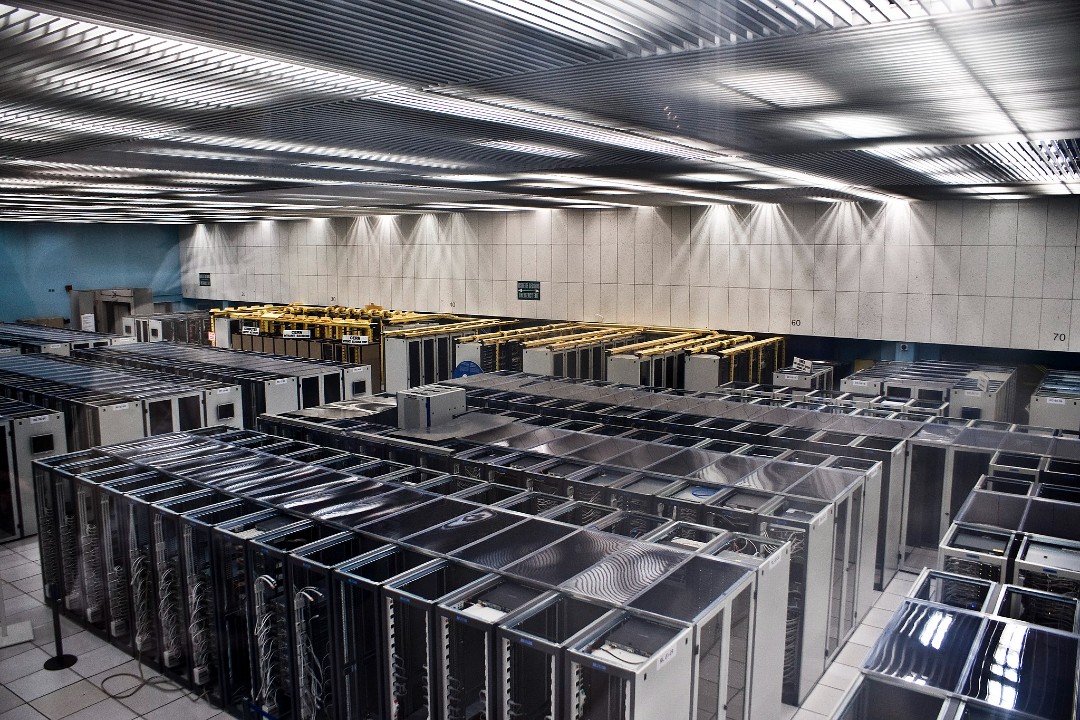
Provincial push for data centres could spike emissions, researcher says
The provincial government's effort to attract $100 billion in investment in hyperscale data centres in just five years would worsen Alberta's already outsized emissions from electricity production and could not be accommodated by the current public grid, a Pembina Institute researcher said.
"If all of those data centres go forward, and I am not suggesting that they do … that would put (our carbon emissions from electricity) higher than when we were running our electricity system off (of) mostly coal," Will Noel, a senior analyst for Pembina's electricity team, told Taproot.
Pembina data estimates that Canada emits 58 megatons of carbon each year creating electricity, Noel said. Alberta contributes 33 of those megatons, or more than half. Other provinces produce more electricity, he said, but reduce their carbon footprints by employing nuclear and hydro dams to create it. He said Alberta is comparatively "dirty" when it comes to electricity generation.
"Alberta only accounts for about 10% of the electricity generated in the country (in 2022), but about half of the emissions from electricity," Noel said.
Brent Jensen, the senior director of business development for Edmonton Global, said the province's push for data centres might be motivated by the fact we have "stranded" natural gas resources.
"We've had an inability to move that (natural gas) to market," Jensen told Taproot. "We've always had an abundance of natural gas. I think this is probably where the province is headed with, 'How do we utilize our natural gas for further investment into the region?' Of course, we're doing it on hydrogen … This is just another use-case on the utilization of natural gas for power generation."
Alberta's emissions from generating electricity, including burning natural gas to generate it, are at odds with companies like Microsoft and Amazon, which need hyperscale data centres but also need to offset the pollution they create, Noel said.
"A lot of these companies have (environmental, social, and governance) goals, and they're looking to reduce their emissions," Noel said. "If they were to supply all of their data with gas, I think that would go quite counter to that … I think there's a tension there."






